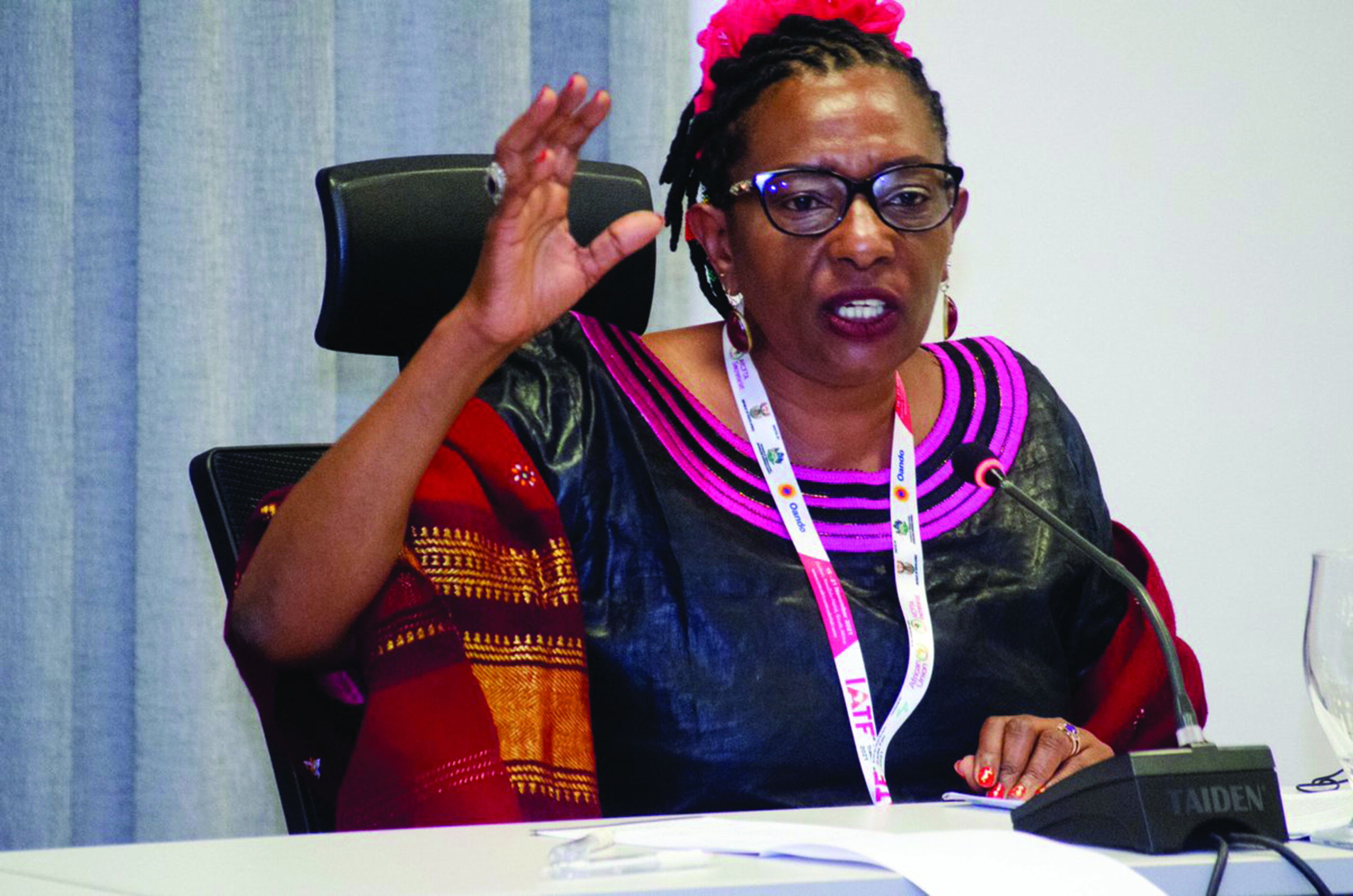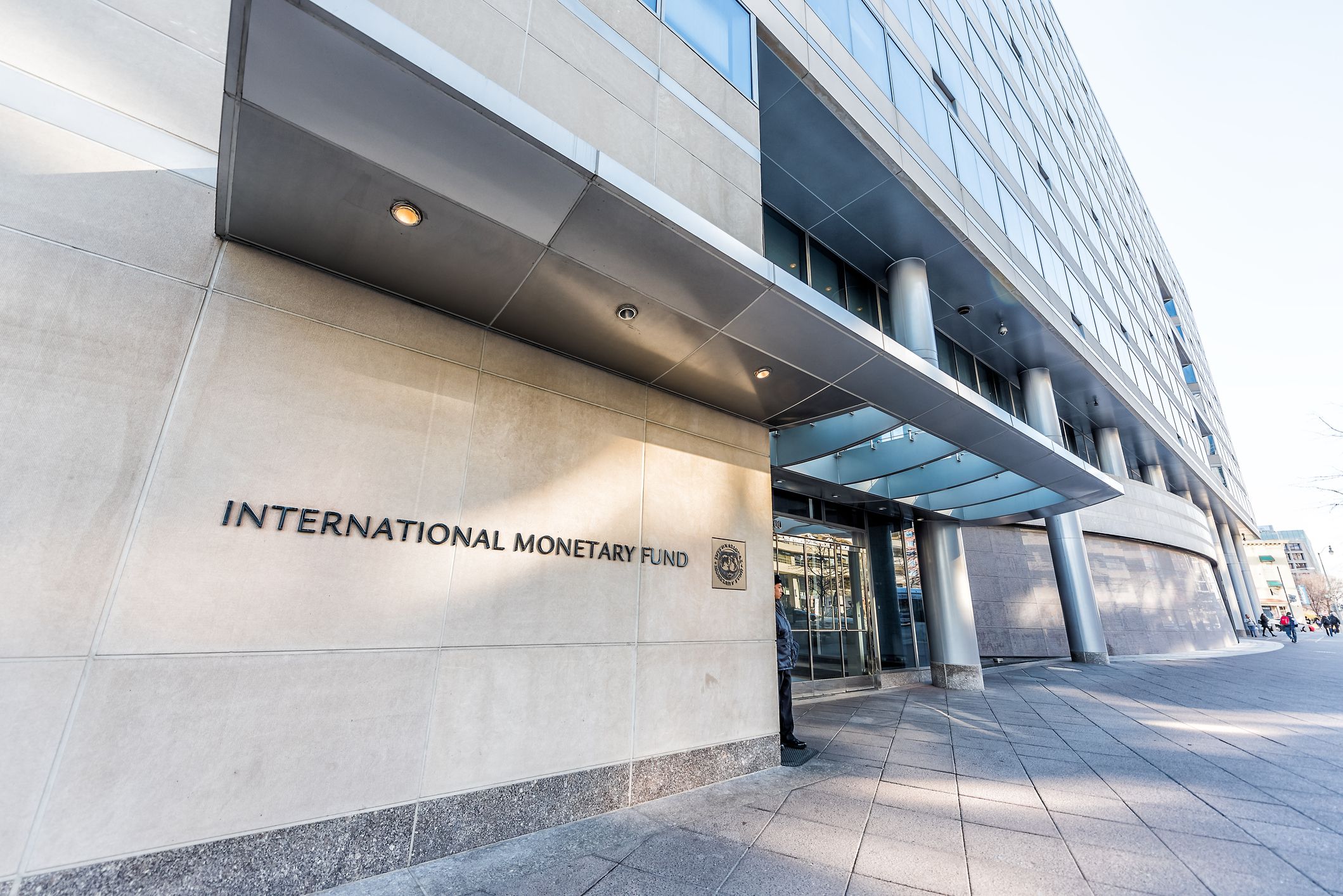
SYDNEY KAWADZA A STRONG Zimbabwean financial system is a crucial factor in the quest to shore up trade under the African Continental Free Trade Area (AfCFTA), a United Nations (UN) agency has said, as the International Monetary Fund (IMF) cast doubts over the domestic sector’s stability.

A United Nations Economic Community for Africa (Uneca) executive told businessdigest that banks must be drafted, along with a seamless participation of private sector players during the AfCFTA’s implementation.
Zimbabwe, along with 53 other African countries has ratified statutes that paved way for AfCFTA’s establishment in January last year.
These countries’ move ended with the setting up of the world’s biggest trading bloc by participating countries, according to official data.
The AfCFTA is a huge bloc with 1,3 billion consumers in 54 countries.
These control a combined US$3,4 trillion gross domestic product (GDP).
The plan was to remove duties in 90% of goods originating from the continent to boost intra-Africa trade to unlock growth opportunities and create jobs.
The agreement was brokered by the African Union (AU) in response to a growing realisation that trade integration across the African continent had long been limited by outdated border and transport infrastructure and a patchwork of differing regulations across dozens of markets.
- Chamisa under fire over US$120K donation
- Mavhunga puts DeMbare into Chibuku quarterfinals
- Pension funds bet on Cabora Bassa oilfields
- Councils defy govt fire tender directive
Keep Reading
The low level of intra-African trade in comparison with that between countries on other continents, in particular, reflected the continent’s position as an exporter of raw materials to the rest of the world.
It was hoped that the AfCFTA would greatly boost Africa’s industry and agriculture.
In an interview with businessdigest, Uneca trade analyst Mahlet Girma acknowledged the rapid work that has been achieved in Zimbabwe but said cross-cutting stakeholder involvement, including with banks, will accelerate Harare’s integration into AfCFTA.
“Zimbabwean authorities should mobilise resources required to finance the implementation of this strategy from government, the local financial sector, the private sector itself, and external sources,” Girma, who spoke during a trade conference in Nairobi, Kenya, said.
She spoke as an IMF report warned last week that the country’s banking system was weak, and concrete efforts werecrucial in addressing the financial sector vulnerabilities.
“Addressing banking sector weaknesses, would strengthen banks’ resilience and effectiveness,” the IMF said in a report issued following the conclusion of its Article IV consultations with authorities.
Girma recommended Zimbabwean authorities to ensure quick implementation of priority actions identified under Harare’s national strategy.
“It is essential to strengthen the coordination between government and the private sector on AfCFTA issues. Strong private sector representation through business associations is critical to advance the sector-specific needs of women and youth-led enterprises, SMEs, and large businesses,” she said.
“It is important to work closely with civil society and academia as they have varying roles to play to ensure the strategy’s successful implementation.”
Uneca says AfCFTA has capacity to boost African GDP from about US$3,4 trillion currently, to US$8 trillion by 2040, and further to US$16 trillion by 2060.
It said the AfCFTA would increase the continent’s exports by 4%, about US$25,3 billion, and bolster real income by 0,2%, about US$296 million, this year.
These headways would mostly be achieved in the services, industry and agricultural sectors, according to the UN agency.
Private sector operators use free trade areas like AfCFTA as stepping stones and frameworks for developing business initiatives and mobilising investments.
Uneca says some Zimbabwean firms have already started benefiting from FTA like the AfCFTA.
“Most big manufacturing and services companies, such as Jubilee Insurance, Kenya Commercial Bank, MTN, Safaricom and Vodacom are major beneficiaries of free trade area provisions,” it said.
“Other beneficiaries are lllovo Sugar Company in Eswatini, Malawi and Zambia, Lake Harvest Ltd Fish Farm, Zambia and Zimbabwe and Zimplow in Zimbabwe,” the agency said.
But even after its launch, the AfCFTA still faces hurdles. These include the financial interest of countries, institutional capacity and coordination and structural integration challenges.







